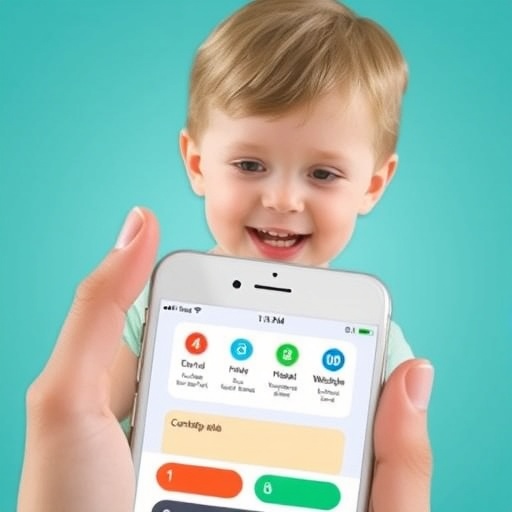Manage Type 2 Diabetes With the Help of These 10 People

With all that in mind, here’s a list of the healthcare providers you’ll need on your team as you take up the challenge of managing type 2 diabetes.
1. A Primary Care Physician for General Health Concerns
This is the person you’ll see for regular checkups, concerns that are outside the scope of diabetes, and routine care, such as vaccinations. When it comes to diabetes, the primary care physician (PCP) plays a critical role as the central coordinator of your care, says Dr. Bereolos. They’ll recommend that you see a specialist when specific issues arise, follow up to make sure you’ve seen the specialist and understand the treatment being offered, and help you adhere to a care plan. They should also keep a complete list of all the medications (prescription and over the counter) and supplements you are taking.
2. An Endocrinologist to Help With Blood Glucose Management
This doctor treats diabetes and other diseases of the endocrine system and can be especially important if your PCP does not work with many patients with diabetes. An endocrinologist will help you manage your blood sugar and assess whether you need blood-sugar-lowering medication — and if so, determine the right medication and dose for you.
3. A Pharmacist to Educate You on the Medications You’re Taking
This professional can help you understand the medications prescribed to you and how they work. They can also check for medication interactions, which is especially important if you’re taking multiple drugs prescribed by different doctors.
4. A Registered Dietitian Nutritionist to Build a Diabetes-Friendly Diet
5. A CDCES to Create a Healthy Lifestyle
Some professionals who hold the CDCES credential, such as Bereolos, are trained in behavioral psychology, a specialty that offers additional perks for patients. “Working with a psychologist can help to address some of the challenges in living with diabetes,” she explains. They can also serve as an accountability partner.
“These are professionals who want to be your cheerleader. They want you to succeed,” Bereolos says. Diabetes educators are often employed by hospital systems or in private practice. Ask your PCP for a referral or find one in your area with the Certification Board for Diabetes Care and Education’s locator tool.
6. A Dentist to Monitor Gum Health
Care of teeth and gums is vital for everyone, but it’s especially important if you have type 2 diabetes. According to the National Institute of Diabetes and Digestive and Kidney Diseases, people with diabetes are at increased risk of developing cavities, gum disease, and other oral health problems. And these problems can then make it harder for you to follow a healthy diet (an essential part of managing diabetes).
7. A Podiatrist to Treat Foot-Related Diabetes Complications
8. An Ophthalmologist to Prevent Eye Diseases Caused by Diabetes
9. Your Inner Circle to Support Your Emotional and Overall Health
Let your loved ones know what’s going on with your health (to the degree you feel comfortable) and how they can help relieve the burden of a diabetes diagnosis. “If they offer a source of positive support, friends and family can buffer some of the stress that comes from managing diabetes,” says Bereolos.
10. Support Groups to Share Ideas on Living Well With Diabetes
Support groups can help you connect with other people living with type 2 diabetes, who are likely to understand your struggles and challenges and can offer tips and strategies for a healthy life. Bereolos especially likes DiabetesSisters. The American Diabetes Association also has a great community support channel with helpful forums for people living with type 1 or 2 diabetes and their caregivers.
link








